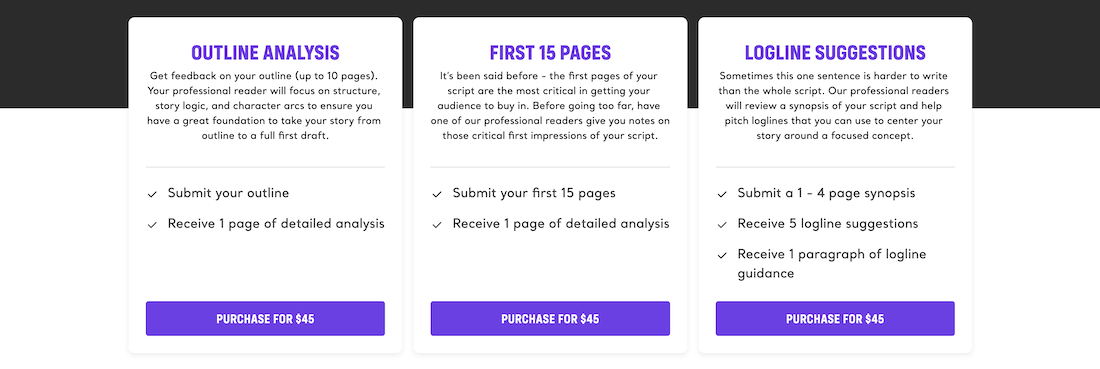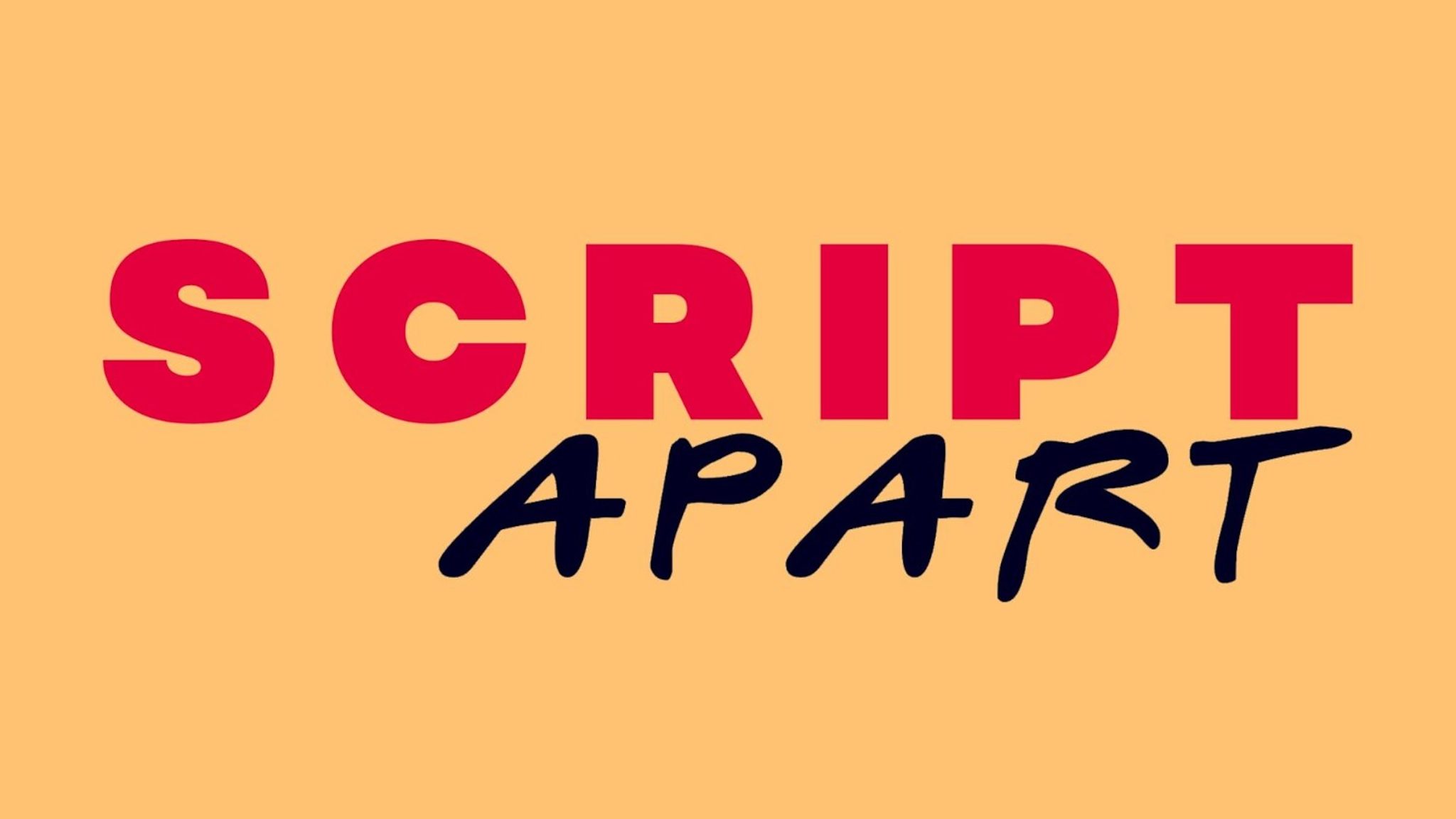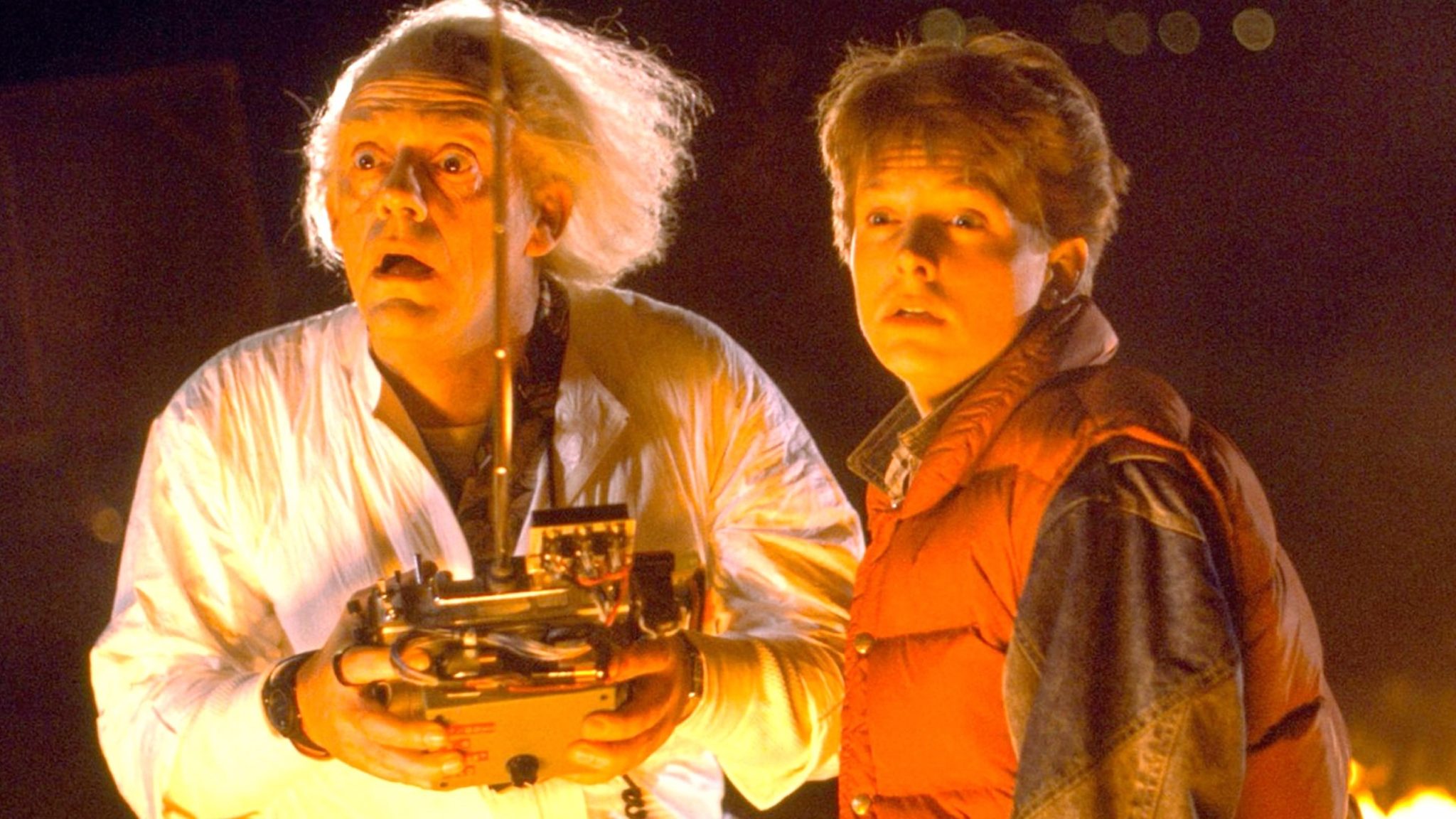Script Apart: How 'His Three Daughters' Screenwriter Turn Personal Experiences Into a Script

Ever gone through a life event that was completely different from how it’s depicted in the movies? Your next great idea for a screenplay might be waiting for you in the space between how cinema often portrays that experience, and how it actually goes down. Just ask Azazel Jacobs, the writer-director behind His Three Daughters.
The acclaimed writer-director was in his late teens when he experienced death for the first time, and realized he’d been “lied to,” as he puts it. “There's no music, there's no soundtrack, there's no slow motion. There's just… nothing,” he told me on my podcast Script Apart recently, describing how his brush with losing a loved one differed from how it’s shown on screen.
Crafting 'His Three Daughters' from Personal Experiences
His response was to write a film that showed what bereavement actually feels like. How it can be slow, unlike the dramatic renderings of death Hollywood favors. How it can be sad, happy, and even hilarious at times, as gallows humor takes over. And, crucially, how it can foster resentment among family members.
The result was His Three Daughters, a new Netflix drama starring Carrie Coon, Elizabeth Olsen, and Natasha Lyonne, that tries to show more accurately what it means to be witnessing your loved one’s last days.
“The abruptness of this person being gone and unreachable, and not being rewind the VHS to when they were alive – the suddenness of it all felt very hard for me,” recalled Jacobs, describing his mission to "represent that [abruptness] in a truthful way” in the film.
It’s the reason why the movie jolts into life instantaneously, without much of a warm-up – audiences really are thrown into the deep end of a difficult situation for the titular siblings, reunited by their father’s imminent death.
Think back to an important life experience you had recently, whether a break-up, moving cities, changing jobs, or undergoing illness. Jot down the details about that experience that movies neglected to prepare you for. Is there a story you can tell that encompasses those details to show what that experience is really like? Give that exercise a go—and for more inspiration, listen to the full interview with Jacobs above.
Read More: How to Approach Passion Projects & Personal Screenplays: Advice From a BAFTA Nominated Producer
Check out our Preparation Notes so you start your story off on the right track!

 Al Horner is a London-based journalist, screenwriter, and presenter. His work has appeared in The Guardian, Empire Magazine, GQ, BBC, Little White Lies, TIME Magazine, and more.
Al Horner is a London-based journalist, screenwriter, and presenter. His work has appeared in The Guardian, Empire Magazine, GQ, BBC, Little White Lies, TIME Magazine, and more.
Get Our Screenwriting Newsletter!
Get weekly writing inspiration delivered to your inbox - including industry news, popular articles, and more!



























